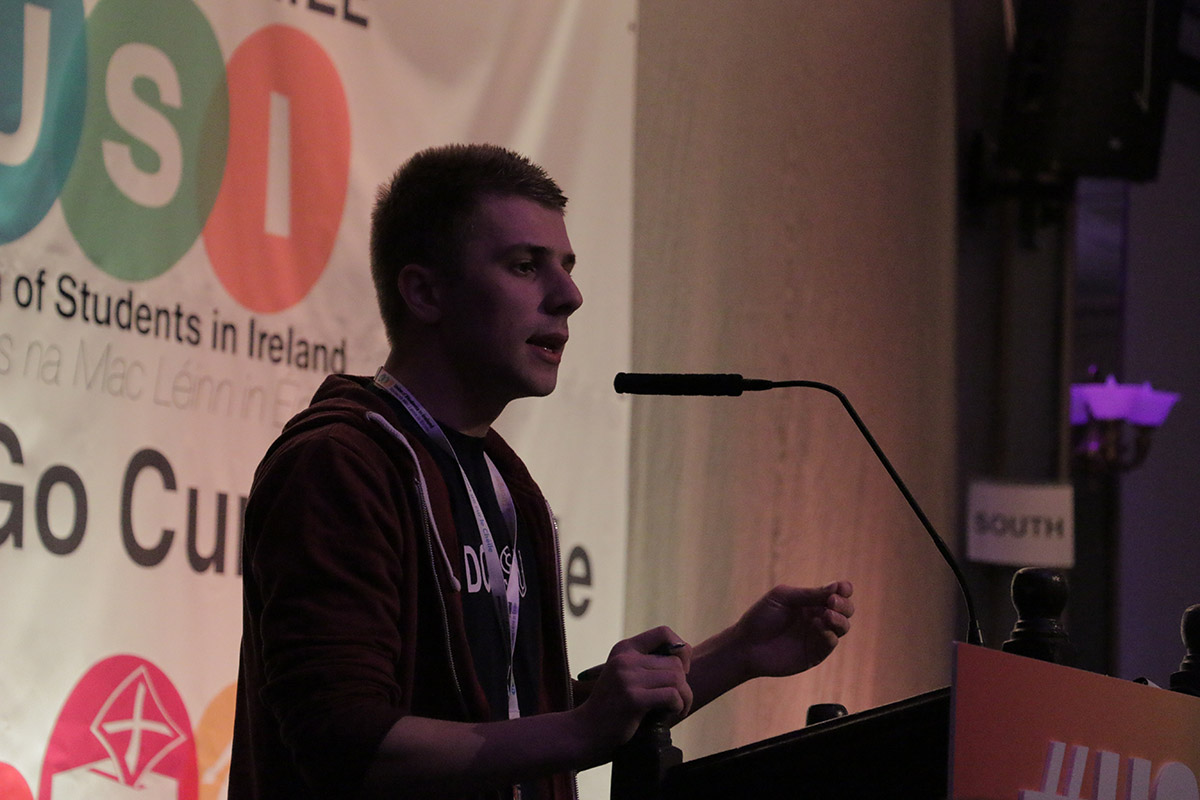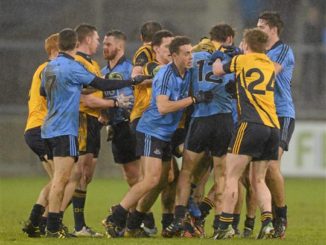
The protest song is exciting, irreverent, and powerful, putting into words our frustration with inequalities of all description. For as long as pop has existed, there has been a subsection of righteous, rage-fuelled songwriters who want to fight the power in whatever form that power may take.
From “The Times they are a-Changin” to “Do They Know it’s Christmas?,” pop has, with varying degrees of success, always striven to change the world. Since Trump won the US presidential election, there has already been a musical backlash against the self-aggrandizing world leader.
The Our First 100 Days project, for example, releases a new, unheard song from a different artist every day for the first one hundred days of the presidency in order to raise money for causes that may lose funding under Trump’s administration. So far, they have released tracks from Angel Olsen and PWR BTTM, among others.
In addition to this, on the eve of Trump’s inauguration, Gorillaz released their first new track in six years, “Hallelujah Money”. Sung by Benjamin Clementine, the song is a commentary on the political landscape under the new American president.
A solid protest pop song can be at once thought-provoking, extravagant and life affirming; anthems of robust, radical bravura that make you want to dance in the street and question the authority of every establishment you’ve ever come across. Take that, teacher!
Here we will take a look at a handful of the many protest songs from the past few decades that have shaken up the system and made us sing.
1960s
When we think of the 1960s, the protest songs of Bob Dylan immediately come to mind. It was a time when revolution was in the air and people of all colours and backgrounds were fighting to have their voices heard. From Sam Cooke’s “A Change is Gonna Come” to Aretha Franklin’s “RESPECT” to John Lennon’s “Give Peace a Chance,” pop artists were voicing their objections to racial inequality, gender inequality and war.
1970s
With the emergence of punk, reggae and ska, the 1970s was a fertile decade for protest music. Bob Marley wrote anthems like “Stand Up for Your Rights” and Gil Scott-Heron released his powerful poem-song “The Revolution Will Not Be Televised.” In the UK, the Rock Against Racism campaign – featuring bands like the Clash- was set up in 1976 to combat growing white nationalism.
1980s
In response to the Troubles in Northern Ireland, U2 wrote “Sunday Bloody Sunday,” while over in Germany, Nena gained international success with her anti-war song “99 Luftballons”. Then came Geldof and Live Aid. The hair and outfits spun wildly out of control to the point that activism against world hunger and bouffant hair and shiny satin shirts melded uncomfortably in the mind. Oh, the power of pop.
1990s
A great decade, by all accounts. Along with the majority of this university’s student population, the 90s birthed Britpop, Riot Grrrl, the east coast west coast hip hop feud and the Spice Girls. Grunge and hip hop were the underground favourites of disaffected adolescents across the globe, meaning cool kids wore clothes that were, at minimum, four sizes too big. A notable example of ‘90s protest music is Rage Against the Machine’s Killing in the Name; a song that protested institutional racism, and which re-emerged in 2009 to become Christmas number one in the UK.
2000s
While the 2000s did not provide us with as many protest pop hits as the previous decades, there were still a few that grabbed our attention. The Gossip’s Standing in the Way of Control may primarily remind us of watching Skins, but the song was also a catchy protest against anti-gay marriage laws in the US.
2010s
While there have already been many protest songs and albums released this decade, most notably those associated with the Black Lives Matter movement, many more will undoubtedly emerge from the political era of Donald Trump. In times of political upheaval, the reaction of the music world helps us through the darkness and confusion. To paraphrase Caitlin Moran, if you want to change the world, there is no better way than through culture. Music can change things faster than any academic text or political speech. Although many of us view this incipient stage of Donald Trump’s presidency as unutterably terrifying, we can take solace in the fact that in times of political uncertainty, protest pop will flourish and give us overblown, joyous, foot-stomping hope.
Catríona Phelan



